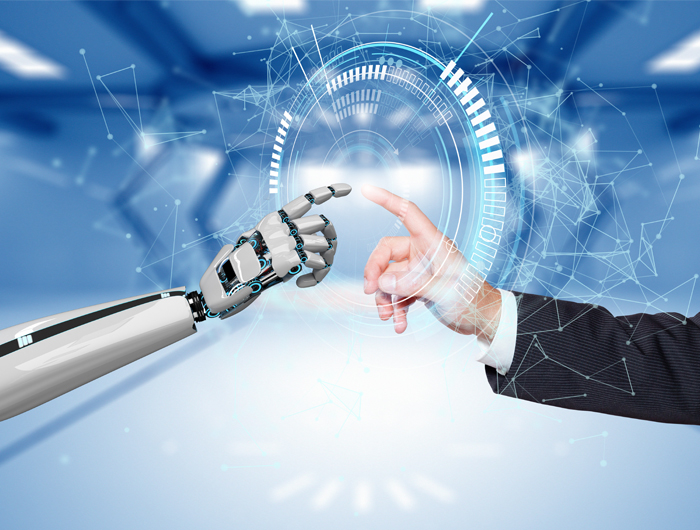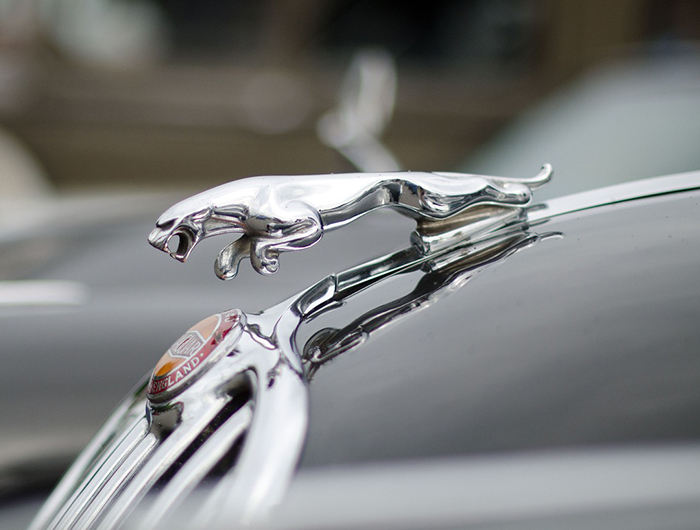Designing an optimal public policy
Research area 1
A key research project in this area is concerned with shaping public policy to harness the growth potential of rapid technological change towards artificial intelligence while ensuring that large sections of society can benefit from it. This includes research questions on the impact of much-discussed policy measures such as a robot tax or a universal basic income in the context of rapid technological change on societal well-being. See the paper "Public Policy Responses to AI" or the paper "Taxation, Innovation and Entrepreneurship", which deals with the optimal and politically feasible mix of taxation and public investment in science.


Notwithstanding the effectiveness of more traditional approaches to optimal public policy, our focus also extends to new insights from behavioral economic theory. In particular, we consider the compelling empirical evidence on people's status aspirations and the phenomenon of hyperbolic discounting and how these factors affect the efficiency of the economy, income inequality and the design of an optimal tax system. For more information, see: "Positional Preferences and Efficiency in a Dynamic Economy" and "Dynamic Status Effects, Savings, and Income Inequality."
In addition, we address the question of whether we should (more heavily) subsidize charitable donations and examine how the optimal tax treatment of charitable donations intersects with optimal income taxation. See also the article "Optimal Redistributive Charity" and "Charity, Status, and Optimal Taxation: Welfarist and Non-Welfarist Approaches".
